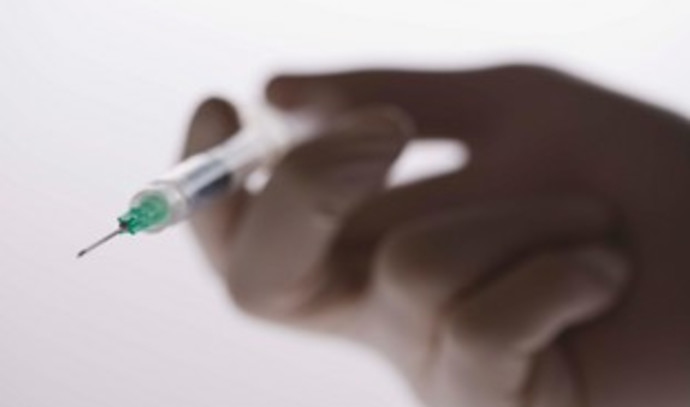Every minute, millions of people around the world receive intravenous (IV) injections in hospitals and clinics. The technology works quickly and can be administered continuously by injecting the drug directly into blood vessels. According to a 2018 report by the World Health Organization (WHO), an estimated 16 billion medical injections are administered globally each year.
Unfortunately, medical IV needles are made of hard materials such as stainless steel or plastic that are not mechanically compatible with the body’s soft biological tissue. This can cause serious problems in healthcare settings—from minor tissue damage at the injection site to severe inflammation and accidental needlestick injuries that can expose doctors and nurses to dangerous diseases such as HIV and hepatitis B or C.
The construction and ease of use of rigid medical IV devices also increases the likelihood that poor countries will unethically reuse needles to reduce the cost of injections, leading to the spread of deadly blood-borne diseases. In 2015, the World Health Organization (WHO) launched a policy on safe injection practices that encourages the development and use of “smart” syringes that prevent reuse.
Now, researchers at the School of Electrical Engineering at the Korea Advanced Institute of Science and Technology (KAIST) have announced that they have invented a phase-switchable, adaptive, and non-reusable (P-CARE) needle with variable stiffness that could improve patient health and ensure care. Safety of personnel.
The future of medical IV needles?
Professor Jae Won-Il Jeong, doctoral researchers Karen-Christian Agno, Dr. Keungmo Yang and colleagues said this new technology has the potential to allow patients to move without worrying about pain at the injection site because it reduces the risk of damage to the injection site. When patients receive intravenous drugs, changes occur in the walls of blood vessels. As the temperature increases, the needle becomes flexible after insertion into the body, adapting to the movement of the thin-walled vein.
The study, titled “Temperature-responsive IV needles that irreversibly soften upon insertion,” was just published in the journal Nature Biomedical Engineering.
“We developed this special needle using advanced materials and micro/nano engineering technology, which can solve many global problems associated with conventional medical needles used in global healthcare,” Jeong said.
The requirement consists of liquid metal gallium, forming a hollow mechanical needle frame encapsulated within an ultra-soft silicone material. In the solid state, gallium is hard enough to pierce soft biological tissue, but when exposed to body temperature during insertion, the gallium melts and changes it to a soft state like the surrounding tissue, allowing for stable drug delivery. , no need to worry. Damage blood vessels. Once used, the needle remains soft even at room temperature due to gallium’s supercooling phenomenon, preventing needlestick accidents and reuse issues.
The researchers also suggest that the needle could include a custom ultra-thin temperature sensor that measures site temperature along with the softened IV needle to further improve patient health. A single component of the sensing needle device can be used to monitor core body temperature and even detect fluid leaks on-site while in indwelling use, without the need for additional medical tools or procedures, providing better patient care. Healthcare Services.

